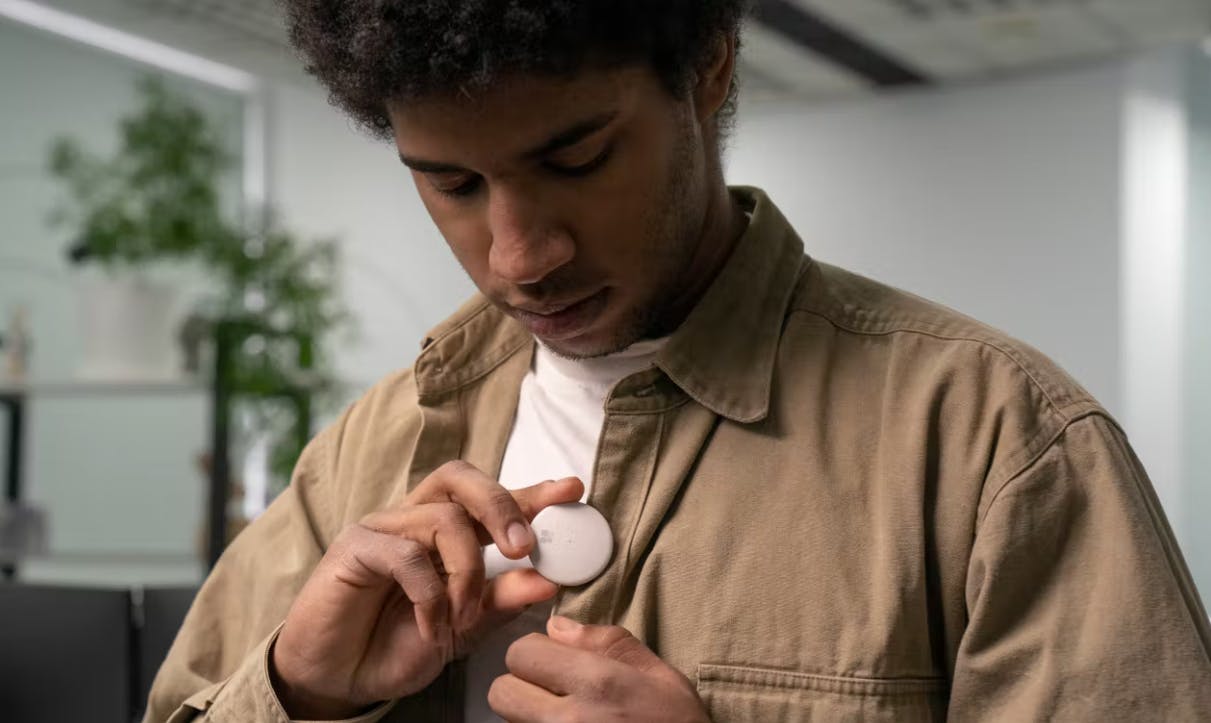Every year, Wikipedia runs an annual fundraising campaign imploring you to ensure the future of free information. Despite the urgency, Wikipedia is actually doing pretty well, but regardless a product that suggests it could help fund the internet's favorite free encyclopedia piqued our interest.
Yep is a new search engine built by the team at Ahrefs, a company that helps you improve your search engine ranking with a toolkit of products and resources. Ahref tools are powered by big data, collected by its very own crawler.
“We crawl the entire web 24/7 (much like search engines do) storing petabytes of information about live websites — how they link to each other and what keywords they rank for…” explains the website In fact, Ahref processes so much data, they spun up their own data centers too.
So what’s a company to do with all that information and infrastructure. Why not start a search engine? One that doesn’t rely on Google or Bing APIs, as many do.
Amazingly, Ahrefs is able to do so with $60M of its own money after bootstrapping and re-investing its revenue. That’s a ton of money but Ukrainian founder, Dmytro Gerasymenko, is betting big on the same “content creators [that] made Google rich.”
More than three years ago, Gerasymenko introduced his new search engine concept, noting in a blog that Google “convinced us to write, produce and publish content on its behalf without paying a dime.” He questioned why Google never took up YouTube’s revenue share model after acquiring the company back in 2006.
Look at featured snippets on Google. Though they provide easy (sometimes incorrect) answers for search users, they take away traffic — and therefore revenue — from the creators and small businesses who are pulling together all that information.
So Yep's biggest differentiator is that it will share 90% of its ad revenue with content creators. The logistics of how this works aren't clear yet, but we’re looking forward to a bootstrapped startup throwing its hat in the search ring.

- A team of scientists from the University of Illinois at Urbana-Champaign turned their research into a biotech company and today they introduced Amofit, a wearable for sleep and reducing anxiety.
- Remote workers in search of connection and accountability, enter the Flow Club Lounge.
- Still having trouble with WFH? Butt Mover will get you standing and Commit Club lets you stake ETH to keep you accountable.
- Splitwise for crypto? Frens.Money lets you request and settle crypto payments in the app.
- Sonos debuted its own voice assistant for customers who are concerned with privacy and being recorded.

AI builders: There's a new security standard in town and you'll need to find out what it is, if you need it, and how it works.
ISO 42001 was introduced by the International Standards Organization so that companies can demonstrate their security practices around AI in a verifiable way.Join Vanta and A-LIGN in a live webinar to learn about...
Magical is a new productivity app that lets anyone automate repetitive tasks with two keystrokes, and within the environment you’re working in.
“No integrations or APIs needed!? I love it already,” wrote one commenter.




